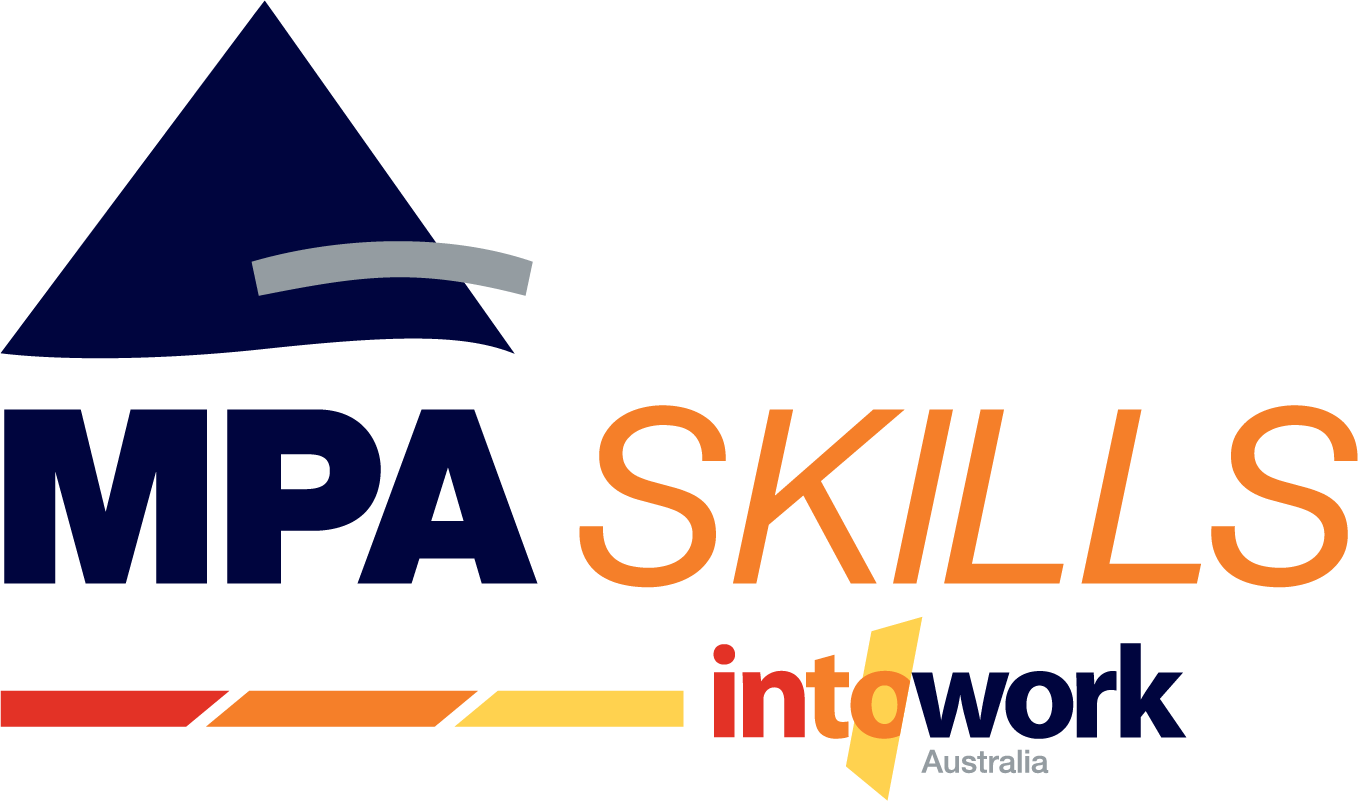Recognition of Prior Learning (RPL)
Recognition of Prior Learning, also known as RPL, is the recognition given to the knowledge and skills a student has acquired through work experience, education, training, and life experiences.
The Recognition of Prior Learning process involves matching the student’s knowledge and skills to the learning outcomes of nationally recognized courses to determine if the student should be given credit for specific modules.
MPA Skills acknowledges that relevant knowledge and skills can be acquired through a variety of means, not just through formal education and training.
What are the benefits of RPL?
- You can gain your qualification in a reduced amount of time; dependent on how much knowledge and skills already held.
- Any credit given to you through the Recognition of Prior Learning process can be recognized by employers to assist with your career progression; and
- Complete via RPL units / qualifications required for trade contractor’s licenses.
Steps in the RPL process
Step 1 – Provide information of your skills and experience
Complete the application forms and provide as much information of your previous experience related to the industry area as you can.
Examples of your work history which could include:
General employment documents
- Brief CV or work history
- Position descriptions
- Certificates/results of assessment
- Details of in-house courses, workshops, seminars, orientation or induction sessions
- References/letters from previous employers/supervisors
Work place documents
- Any license
- Brief CV or work history
- Certificates/results of assessment
- Indentures/trade papers
- Certificates/results of assessment – interstate/overseas
- Certificates/results of assessment related to your job skill
- Training records
- White card
- Photographs of work undertaken
- Diaries/task sheets/job sheets/log books
- Site training records
- Site competencies held record
- Membership of relevant professional associations
- Hobbies/interests/special skills outside work
- Industry awards
- Any other documentation that may demonstrate industry experience
There may be instances where you may have little, or no documentary evidence of your industry experience. This is not a barrier to gaining recognition. This will just require you to rely on the questioning during the Competency Conversation step, referee validation and possibly a practical demonstration of your skills in the RPL process to validate your skills and industry experience.
You will also need to provide evidence of at least four years work history and contact details of at work referees who can confirm your skills in the industry.
The assessor will review all the documentation you have provided to ensure that your trade training qualifications and/or work experience evidence is satisfactory to meet the requirements. This competency profile will be used to demonstrate that you:
- Have the skills to do particular jobs
- Have the knowledge and understanding of why the job is done in a particular way
- Understand the regulations relating to your work
- Can manage more than one task at a time
- Can deal with everyday problems to do with your work
- Can work with other team members.
Step 2 – Conversation with Assessor
An assessor will review the information you have provided (usually with you) and begin to match up your skills to the units/subjects in the qualification. At this point, you will have the opportunity to discuss and identify your previous experience with the assessor who will understand your industry experience and conduct a competency conversation with you. You will be required to answer the industry related questions to identify your current skills.
Step 3 – Practical demonstration of your skills
The assessor will conduct a practical skills test at your workplace (if appropriate) or at another suitable venue. This, again, is an opportunity to demonstrate your level of competence. This assessment will be focused on skills that are required in the qualification. Your assessor will identify the skills that he/she will want you to demonstrate.
Further steps
After the assessment, your assessor will give you information about the skills that have been recognized and whether you have gained the full qualification. If you do have skill gaps, these may be addressed through flexible training.

